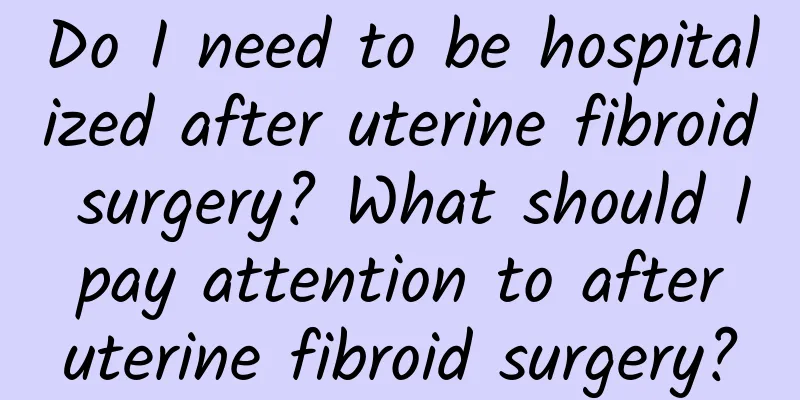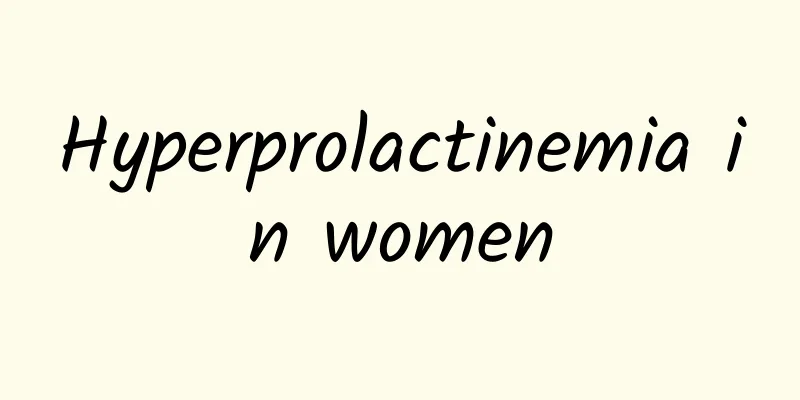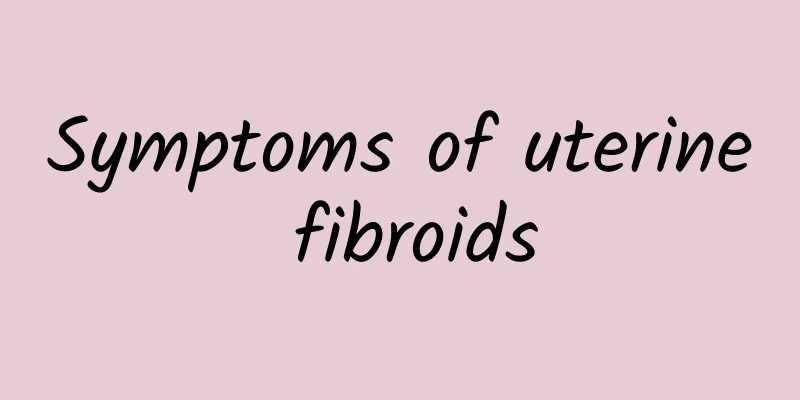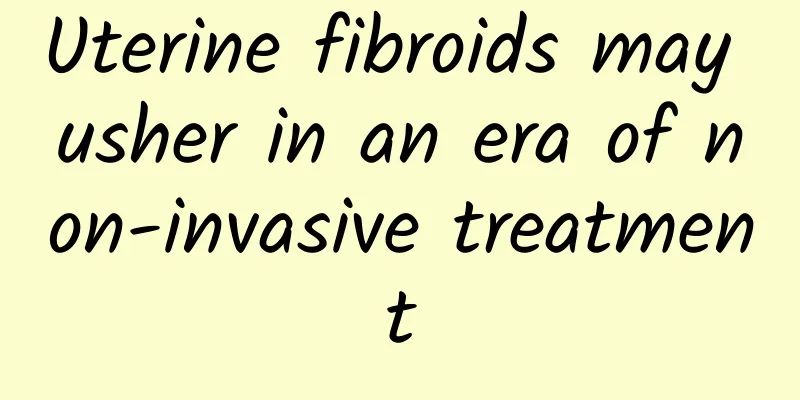Do I need to be hospitalized after uterine fibroid surgery? What should I pay attention to after uterine fibroid surgery?

|
The diagnosis of uterine fibroids is generally not difficult, but sometimes the unclear medical history or atypical physical signs can make the diagnosis difficult. So, does uterine fibroid surgery require hospitalization? What are the postoperative preventive measures? For patients who choose minimally invasive surgery to treat uterine fibroids, they usually stay in the hospital for 2-3 days, rest for 1-2 weeks, and fully recover in about 1-2 months. The specific rest method after uterine fibroid surgery varies from person to person and is related to the patient's physical condition. Postoperative precautions: 1. Mild pain usually improves on its own after a few days of rest. If the pain is significant, you need to go to the hospital and ask the doctor to eliminate the sequelae left by the anesthesia and use some medicine if necessary. 2. A few people may experience radiating pain in the lower abdomen, which may be caused by surgery. Because the uterus and bladder are adjacent to each other, such as pelvic adhesions, the uterus and bladder are removed and separated. There may be slight abrasions, which will improve after a few days. Usually, drink more boiled water, urinate immediately when you are conscious, and don't hold urine for too long. 3. A small amount of yellow or bloody discharge may be observed for a few days after 10-15 days, and then disappear naturally. If a patient with a subtotal or total hysterectomy has a lot of vaginal bleeding, it may be due to suture rupture, and the patient should go to the hospital for emergency examination immediately. 4. The abdominal wall incision should be kept dry after discharge, and a bath should be taken after one week (bathing is prohibited). Since the sutures have just been removed when you are discharged, the needle holes have not yet completely healed, and the incision scabs have not yet fallen off, it is not advisable to take a bath. Of course, the skin of the whole body still needs to be kept clean. It is best to wash the perineum every evening or at night. 5. After discharge, you should eat a light, easily digestible diet high in protein, vitamins and minerals. Eat more vegetables and fruits to keep your bowels open. Due to constipation, the vaginal stump is prone to thinning and rupture and bleeding. |
Recommend
How much protein should I supplement to build muscle after exercise? Best Answer…
If you want to effectively "gain muscle and ...
How much does an abortion cost and how should I take care of myself after the abortion?
You can choose to have an abortion through surger...
What to eat to shrink uterine fibroids? What medicine can treat uterine fibroids?
What can I eat to shrink uterine fibroids quickly...
What tests are done for pelvic peritonitis
Tenderness and rebound tenderness are the main si...
How to regulate irregular menstruation
How to regulate irregular menstruation? If the me...
What to do if chocolate cyst occurs
What should I do when chocolate cysts occur? As a...
Several major causes of cervicitis
Cervicitis is a gynecological disease that causes...
Is the cost of testing for uterine effusion expensive?
Will the cost of checking for uterine effusion be...
Pregnant women should not do these 4 actions can easily lead to miscarriage
Every family hopes to give birth to a healthy bab...
Will ovarian cysts affect fertility? How should I check?
Will ovarian cysts affect fertility? How should I...
Fructooligosaccharides help you lose weight! Just eat bananas and onions
The weather is getting hotter and you are wearing...
After six months of treatment for chronic pelvic inflammatory disease, there is still a small amount of fluid accumulation.
After six months of treatment for chronic pelvic ...
How to treat third degree cervical erosion during pregnancy
Female friends must pay attention to health care ...
How to treat ovulation bleeding
I believe that most girls will experience irregul...
What are the main causes of dysmenorrhea?
Dysmenorrhea is common in life, and many women ar...









